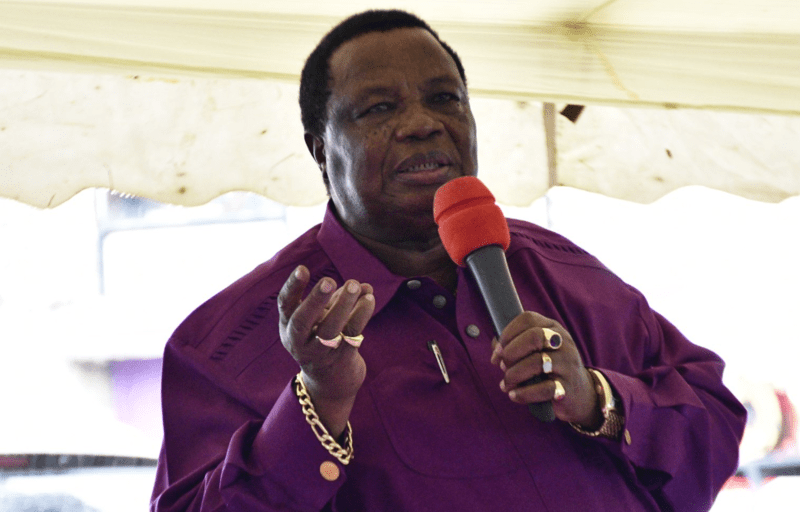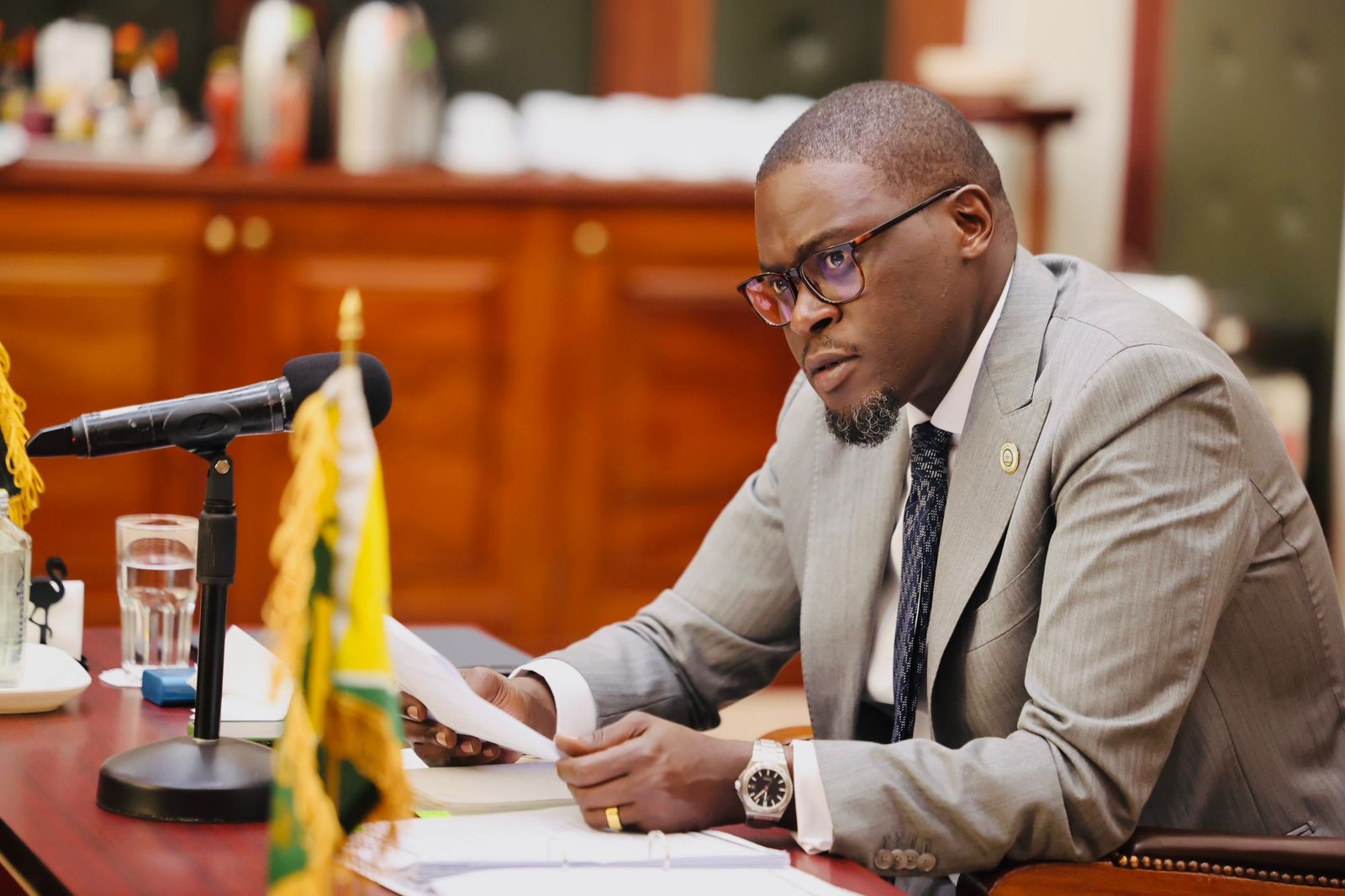Supreme Court rules MPs have final authority to define what qualifies as life sentence

The judges said that prescribing a specific number of years to represent life imprisonment would be overstepping judicial boundaries.
The Supreme Court has ruled that it is not within the Judiciary’s powers to determine what constitutes a life sentence, saying the responsibility lies with Parliament.
A five-judge bench led by Deputy Chief Justice Philomena Mwilu on Friday said that courts must avoid interfering with the role of the Legislature by attempting to define laws.
More To Read
- African Bar Association honours Supreme Court of Kenya for judicial excellence
- Judiciary, MPs clash over setting of judges’ allowances
- Kenya's Supreme Court to begin six-week August recess
- Havi challenges bench hearing ouster of Supreme Court judges, seeks disqualification
- FIDA sues JSC over bid to oust Supreme Court judges, citing constitutional crisis
- High Court consolidates petitions against Chief Justice Koome, other judges
The judges said that prescribing a specific number of years to represent life imprisonment would be overstepping judicial boundaries.
“Courts must exercise caution when crafting remedies to avoid overstepping their judicial mandate and intruding upon legislative functions by prescribing or enacting amendments,” the judges stated.
The ruling arose from two appeals filed by Evans Nyamari Ayako and Julius Kitsao Manyeso, who had been convicted of defilement and sentenced to 30 and 40 years, respectively, by the Court of Appeal, instead of life sentences handed down by magistrates’ courts.
The Supreme Court overturned the reduced sentences and reinstated the original life sentences. The judges said the Court of Appeal had no authority to define life imprisonment as a 30-year jail term.
“In view of the foregoing, we find that the Court of Appeal ought not to have proceeded to set a term sentence of thirty (30) years as a substitution for life imprisonment, as the effect would be to create a provision with the force of law while no such jurisdiction is granted to it,” said the court.
They further explained that the sentence of 30 years was introduced without public involvement or Parliament’s input, which goes against Article 94 of the Constitution.
Article 94 gives Parliament the exclusive role to make laws and only allows others to do so with specific authority granted by the Constitution or legislation.
The court also declined to examine whether life imprisonment is constitutional, saying the matter had not gone through the required legal process, starting from the High Court.
The judges urged Parliament and the Attorney General to look into the matter and create clear legislation.
“Despite making this recommendation on December 14, 2017, and making an order that the Judgment be placed before the Speakers of the National Assembly and the Senate ..., we note this recommendation has not been considered by the two offices of Parliament,” the court noted.
Top Stories Today











































